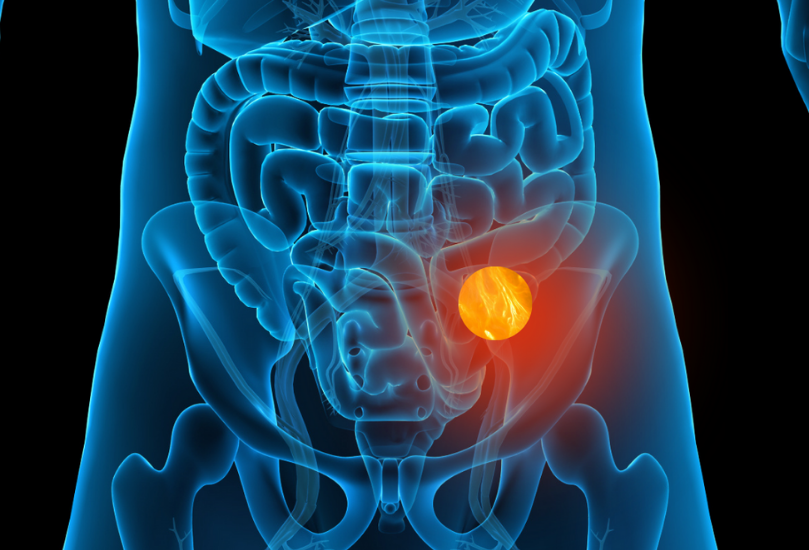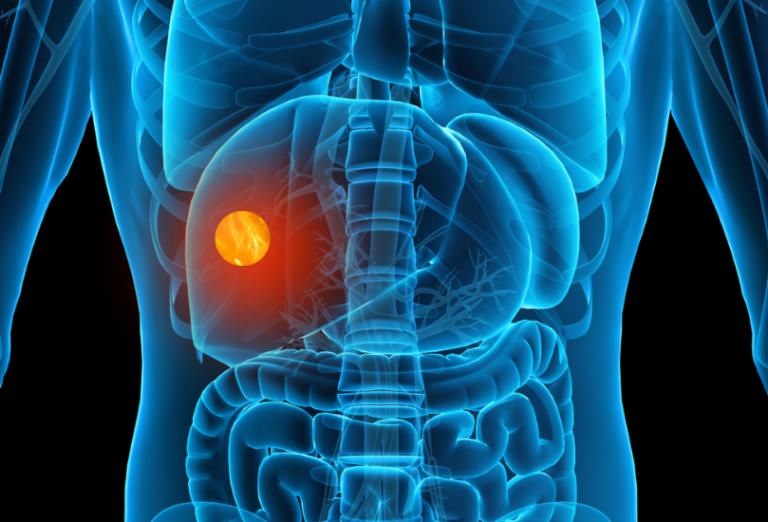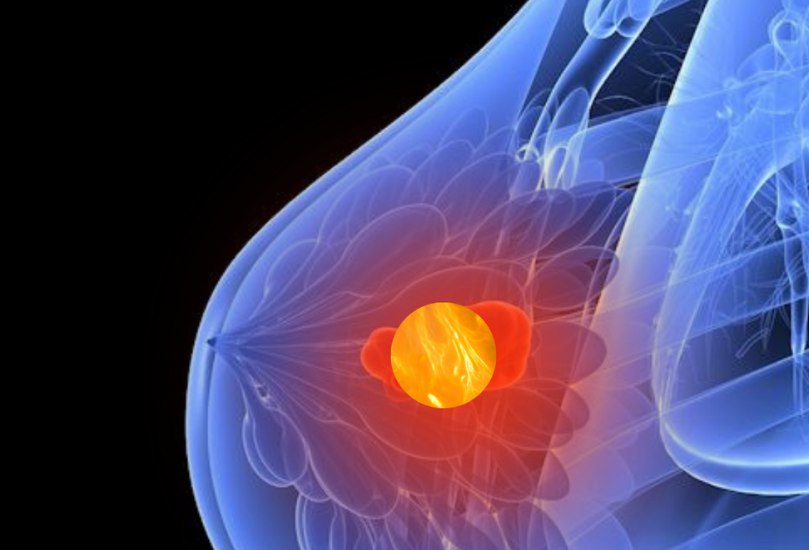Treatments

Urological Cancer
The bladder is a hollow organ in the lower abdomen (pelvis), which collects and stores urine produced by

Colorectal Cancer
For most people, a tummy ache is just that. A simple tummy ache. It’s something we tend to take very casually. But, on

Breast Cancer
Breast cancer is the most common cancer affecting urban Indian women. The last three decades have seen the

Hepatobiliary Cancer
Lung cancer, also known as lung carcinoma, is the uncontrolled growth of abnormal cells in one or both lungs. It

